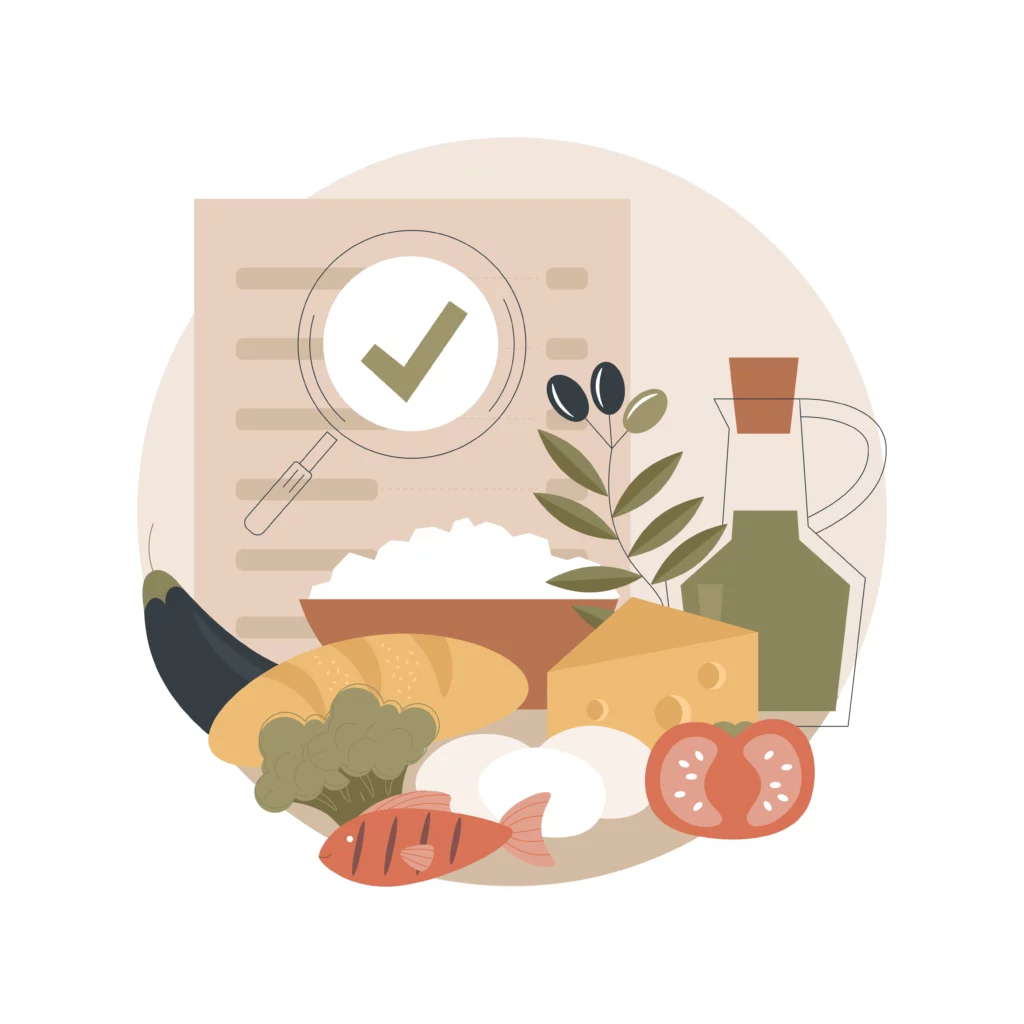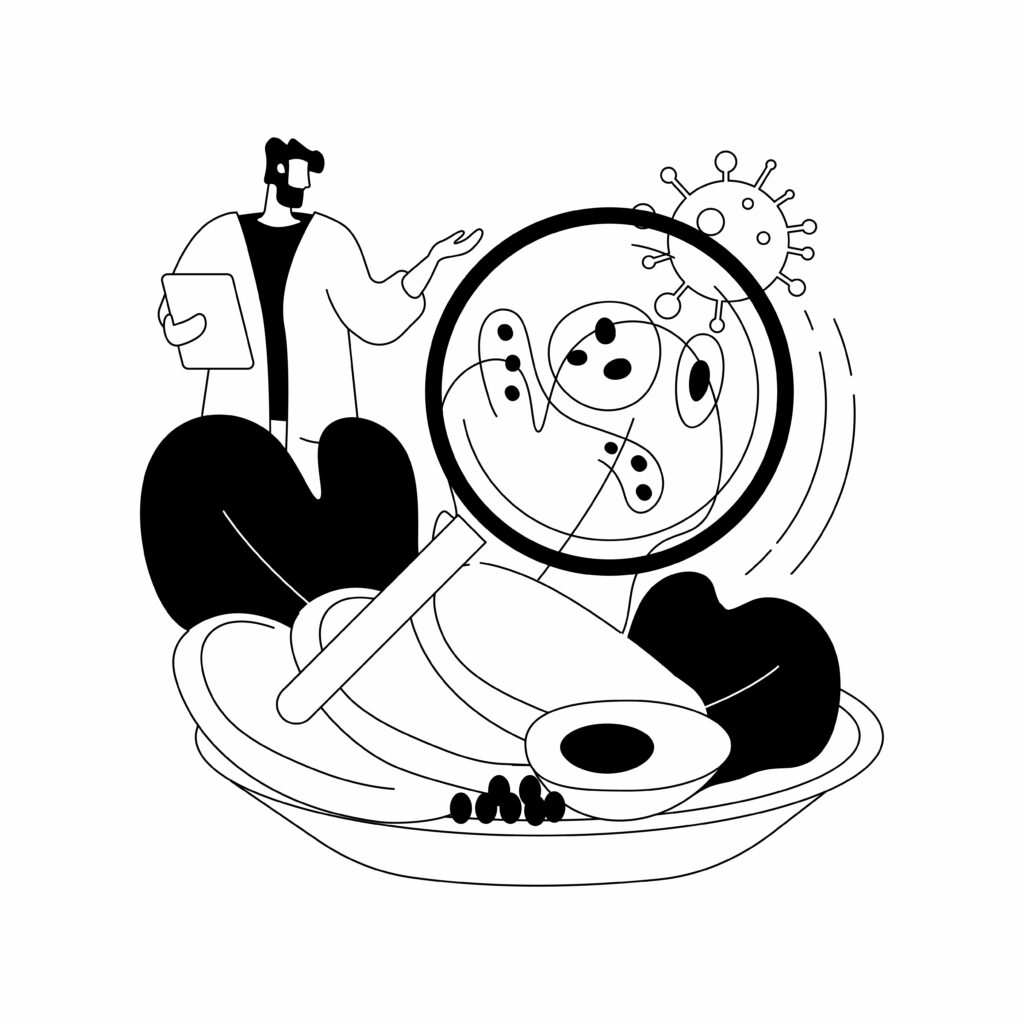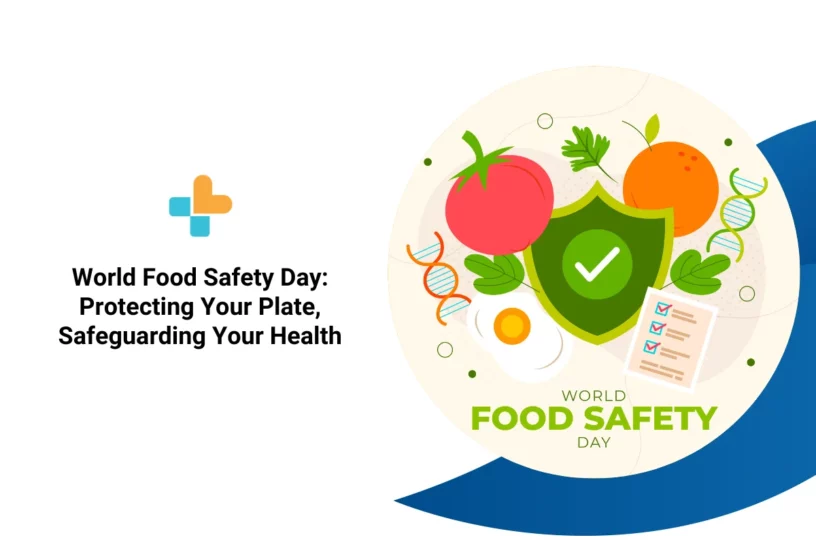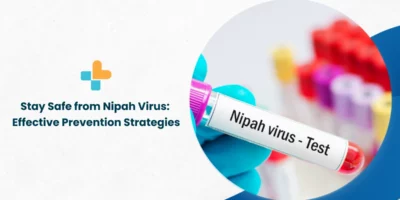How many times have you let your hunger take control? The answer is probably more than once. We know how tempting that one slice of pizza or one serving of pani puri can be.
Our love for food may outweigh our discretion at times, but it could cost you the best years of your life.
Hard to believe? Keep reading.
Hygiene: A Far Cry For Our Beloved Culinary Delights
Some of the food you love won’t necessarily love you back. A number of food items purchased from local vendors or restaurants fail to pass the quality standards, contributing to diseases.
As recorded by the WHO, about 1 in 10 people in the world fall sick after consuming contaminated food, resulting in the loss of 33 million healthy life years (DALYs).
Malnutrition is another factor to blame. Quite surprisingly, 50% of malnutrition is caused not by a lack of food or poor diet but due to poor water and sanitation facilities and unhygienic practices leading to life-threatening diseases and infections (such as diarrhoea).
While people in the lowest income brackets grapple with the risks of contaminated food, we, too, fall prey to poor food hygiene standards.
Many of your favourite quick eats, be they from a local vendor or a fast-food chain, are exposed to a multitude of pathogens (germs). Even with home-cooked food, many factors, such as rodents, pests, and insects like flies or cockroaches, can contaminate food.
With the alarming prevalence of food-related illnesses and the often overlooked risks associated with poor food hygiene, we need to ensure whatever’s on our plates is safe.
Hidden Hazards: Omnipresent Food Safety Risks
While we often trust that the food we consume is safe, we can never be entirely sure.
Understanding and addressing these risks is imperative in safeguarding ourselves and our loved ones. Here are some key food safety risks that you need to know:
- Contamination at Different Stages: Food gets directly contaminated at various stages, including production, processing, transportation, and preparation. These contaminants can include harmful bacteria, viruses, parasites, toxins, and chemicals.
- Cross-Contamination: This occurs when harmful bacteria or other pathogens spread from one food item to another, usually through contact with contaminated surfaces, utensils, or hands. This can happen in our homes, restaurants, or food processing facilities.
- Improper Food Handling: Mishandling food, such as improper storage temperatures, inadequate cooking, and inadequate hand hygiene, can increase the growth of bacteria and other pathogens, leading to foodborne diseases.
- Food Fraud: Food fraud involves intentional misrepresentation, adulteration, or substitution of food products. This can include adding undeclared ingredients, misleading labelling, or misrepresenting food origins. Food fraud risks consumer health and undermines the integrity of the food supply chain.
Food Safety, Your Priority: Safeguard Your Loved Ones This World Food Day

Food should serve the purpose of building your health and not ruining it. As we celebrate World Food Day, take a moment to consider some steps to protect our loved ones from potential foodborne hazards:
- Practise Proper Food Handling: Wash your hands thoroughly before food preparation. Store perishables at the correct temperatures to prevent pathogens from spreading.
- Prevent Cross-Contamination: Keep raw meats, seafood, and poultry separate from ready-to-eat foods to prevent the spread of harmful bacteria. Use separate cutting boards, utensils, and storage containers to maintain hygiene.
- Cook Thoroughly: Ensure that all foods, especially meat and eggs, are cooked to the recommended internal temperatures to kill any potential pathogens.
- Store Food Safely: Refrigerate leftovers instantly, and consume them within a safe time frame. Avoid leaving perishable foods at room temperature for an extended period.
- Read Labels: Pay attention to expiry dates, use-by dates, and storage instructions on food packaging. Discard any expired or spoiled items.
Remember, food safety is everyone’s responsibility. By implementing these measures, we can minimise the risks associated with foodborne illnesses and protect our loved ones.

Ayu Health, a leading healthcare provider in India, remains committed to promoting food safety practices and ensuring the well-being of individuals and communities across the country.
For more information on how to tackle food contamination or seek advice, please visit our website or contact us at +91 6366-100-800.
Also Read : What Foods Can Cause Appendicitis? & What’s the Fix?
FAQs
Can COVID-19 Spread from Food?
No, COVID-19 does not spread from food. It is a respiratory disease, so it spreads from person to person.
Can Freezing Kill All Bacteria and Make Food Safe to Eat Indefinitely?
Freezing slows down bacterial growth, but it does not eliminate bacteria entirely. While freezing can help preserve food for extended periods, it is essential to follow proper storage guidelines and adhere to recommended storage durations to ensure food safety.
Does Reheating Leftovers Multiple Times Make Them Safe to Eat?
Reheating leftovers multiple times increases bacterial growth in food and the risk of foodborne illness. To ensure the safety of leftovers, reheat them thoroughly only once to steaming hot temperatures, ideally above 74°C (165°F), and consume them within a safe time frame.
Our Hospital Locations
General Surgery Hospitals in Chandigarh | General Surgery Hospitals in Bangalore | General Surgery Hospitals in Jaipur | General Surgery Hospitals in NCR | General Surgery Hospitals in Hyderabad
Our Doctors
General Surgery Doctors in Chandigarh | General Surgery Doctors in Bangalore | General Surgery Doctors in Jaipur | General Surgery Doctors in NCR | General Surgery Doctors in Hyderabad
References:
https://www.who.int/campaigns/world-food-safety-day/2022
https://www.who.int/india/health-topics/food-safety
https://www.ias.ac.in/article/fulltext/jbsc/033/04/0495-0504
https://www.ncbi.nlm.nih.gov/pmc/articles/PMC3769052/
https://ayu.health/blog/world-digestive-health-day-2023/
About the Author

Dr. S. Goel
Dr. S. Goel is a renowned Internal Medicine Specialist currently practicing at Ayu Health, Bangalore. He is a Specialist in Internal Medicine, Diabetes HTN, Paediatric Care, and Family Medicine.




